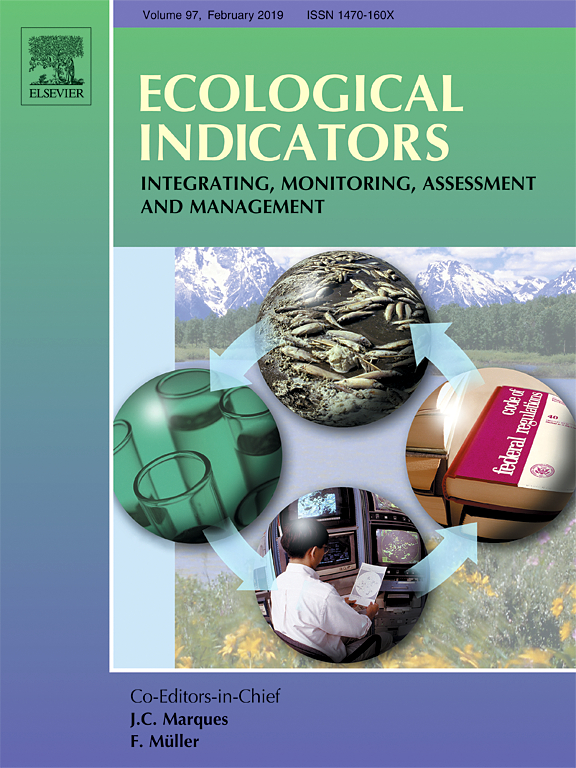Forest Management Units (FMU) are areas of state forest that are designated for commercial timber harvest. They also serve subsistence needs for neighboring villages, but there has to date been no assessment of these services for local people. Neither has there been a formal assessment of the impacts of timber harvest on the ecosystem services. Using a participatory research approach of focus group discussion, we aimed to identify local community perceptions of the priority ecosystem services from FMU forests and to assess the perceived changes of these services after forestry operations. We conducted focus groups segregated by gender with members from eight villages associated with five FMUs in eastern and central Bhutan. The priority services identified by communities, in their own terms, included land productivity, fresh water, timber, fresh air, stone, carbon sequestration, spiritual and religious value, pollination, and local weather regulation. There were minor variations in prioritization of different services across communities and gender groups within communities. Local communities perceived that the ecosystem services provided by the forests within the designated FMU areas have declined over the period of 2006-2016. Community members expressed concern that the decline resulted mainly from excessive extraction of timber and water resources, and reduction of natural regeneration, particularly on broadleaf forests. Therefore, we identify a need for biophysical studies to seek evidence for causal linkages between the manners of natural resource use and the status of ecosystem services. This will fill the knowledge gap between perceived and actual changes that could then drive changes in forest policy and forest management to improve forest management systems. Until then, the conclusions from this study suggest that people depend on a diversity of services from forests that they have access to but do not govern.
Download:
DOI:
https://doi.org/10.17528/cifor/007327
Dimensões Contagem de citações:




















